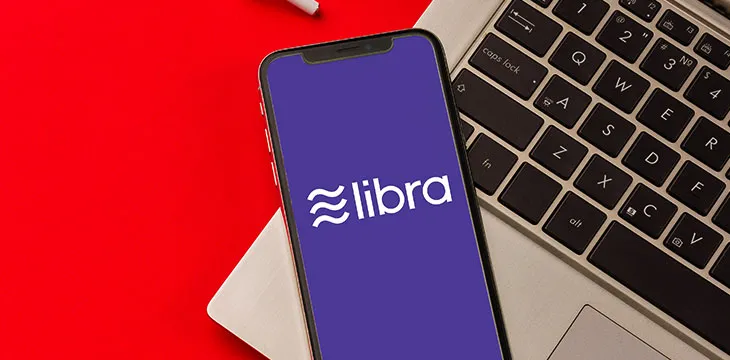|
Getting your Trinity Audio player ready...
|
Facebook has been on the news ever since it announced Libra, and not for good reasons. The project has been scrutinized, criticized and opposed from all sectors. This has led many to conclude that it may never launch, and even if it did, it could be years from now.
If it does launch after all, Libra will be sure to target the African market, a region that has yet to unlock its potential in the financial services sector. However, Facebook would have a whole new set of challenges if and when it decides to venture into the African payments sector. While the challenge in Asia, U.S. and Europe is primarily regulation, Africa poses one more challenge: completion.
For the longest time, Africa has been ignored, with its contribution to the global economy not being considered significant enough to attract global investment. However, this has changed in the past decade, thanks in large to the great advancements in technology. These advancements have opened up the region and sparked a vibrant economy that is one of the fastest growing in the world.
With this, several global firms have descended on the market, seeking to secure a piece of the pie. And as expected, it’s the Chinese firms that would pose the toughest competition for the Zuckerberg-led social media giant. While Facebook is still the outright leader in social media in Africa, that by itself doesn’t do much for the company.
With the internet penetration in Africa still way below other developed regions, African companies have had to rely on offline payments systems a bit more than in other regions. In the U.S. for instance, it’s common to see a customer pay for coffee with Apple Pay, or at a retail outlet with Venmo. In Africa, innovators have had to develop offline solutions that are just as effective. In Kenya, M-Pesa has become the default payments system, boosted by the fact that the users don’t have to use the internet to make payments.
The competition isn’t just from domestic companies. With African countries becoming increasingly connected with China, it has given the opportunity for Chinese conglomerates to venture into the lucrative yet untapped African market. A good example is the smartphone market, where Chinese manufacturers have an unchallenged lead in the African continent.
As revealed by Quartz, Shenzhen, China-based Transsion is the largest smartphone manufacturer in Africa surpassing Samsung two years ago. Huawei is third. What makes this significant is that their phones come with tailored apps that expose the users to Chinese and Asian brands. These include WeChat Pay and AliPay, China’s largest payment processors and which combined; make up the biggest payments companies in the world.
These companies have vast experience in the industry, unlike Libra. This gives them a competitive edge over the Facebook project. Moreover, these companies have also tailored their products to serve even those people that don’t have an internet connection. In Africa, that could be the defining factor and could be the ultimate reason Libra never gets a share of the market.
In an illustration of just how successful Chinese companies could be in Africa, WeChat Pay recently partnered with Kenya’s M-Pesa to allow seamless movement of funds between the two services. With the partnership, Kenyan M-Pesa users can now transfer money to the hundreds of millions of WeChat Pay users in China and beyond at the click of a button. Such partnerships could give Chinese companies an edge that Libra will never get.
And it’s not just non-crypto payment companies that Libra has to worry about. There has been a flurry of crypto payment systems that have sprung up in Africa, which unlike Libra, have customized their products for the market. One of these is Centbee, a crypto wallet that has developed a unique method of onboarding users even with internet connectivity challenges. The wallet uses the voucher system which is quite popular in South Africa to ensure that users can top up their wallets from retail stores.

 08-13-2025
08-13-2025 





